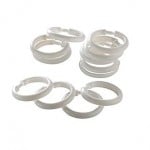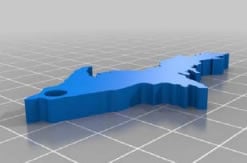MSE SEMINAR
Wednesday, April 23, 2014
9:00 am – 10:00 am
Room 610, M&M Building
Catalytic Ethanolysis of Kraft Lignin with a Mo-based Catalyst in Supercritical Ethanol
Dr. Yongdan Li
Professor and Chair
Department of Industrial Catalysis
School of Chemical Engineering
Tianjin University, Tianjin 300072, China
Associate Editor, Catalysis Today


